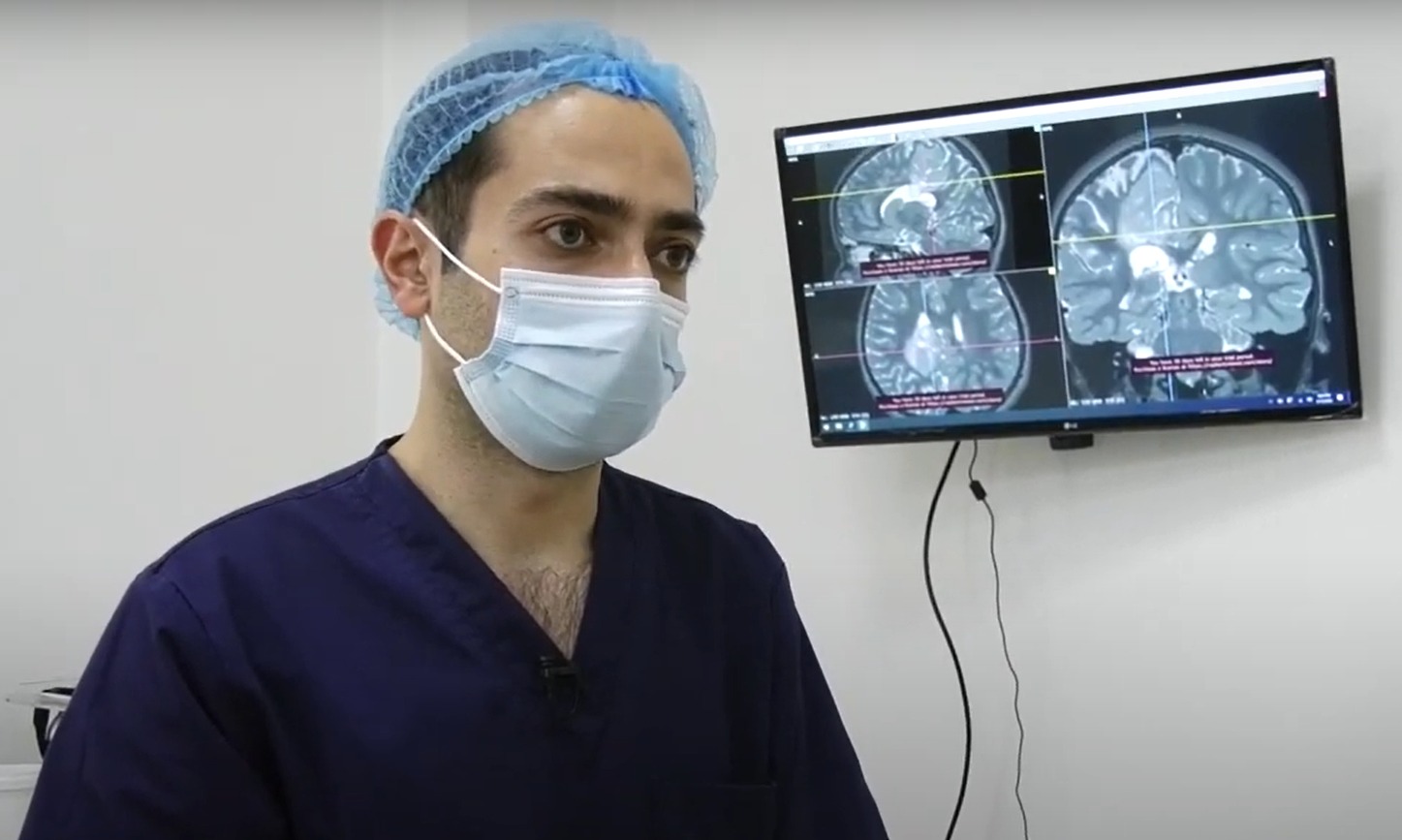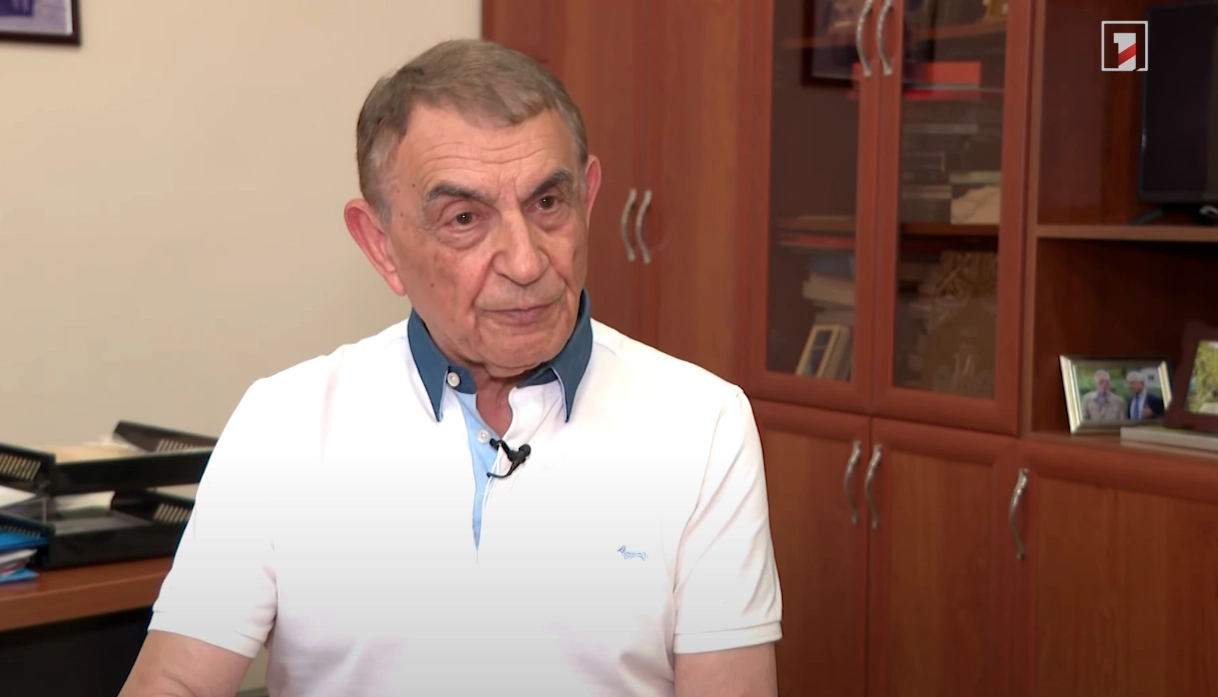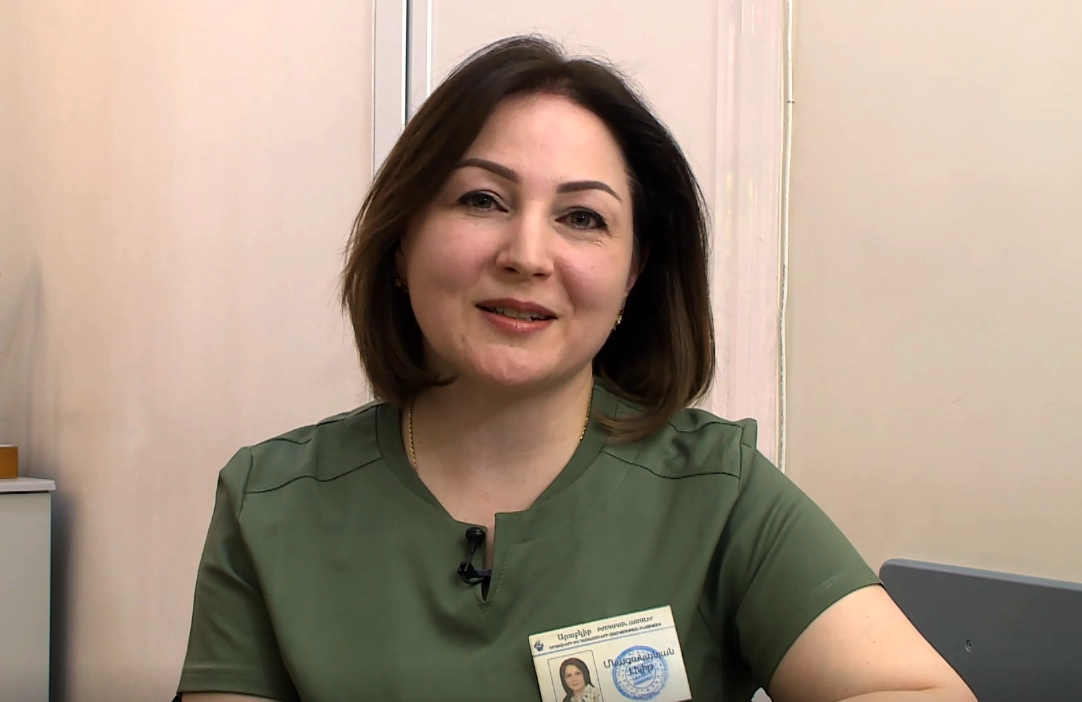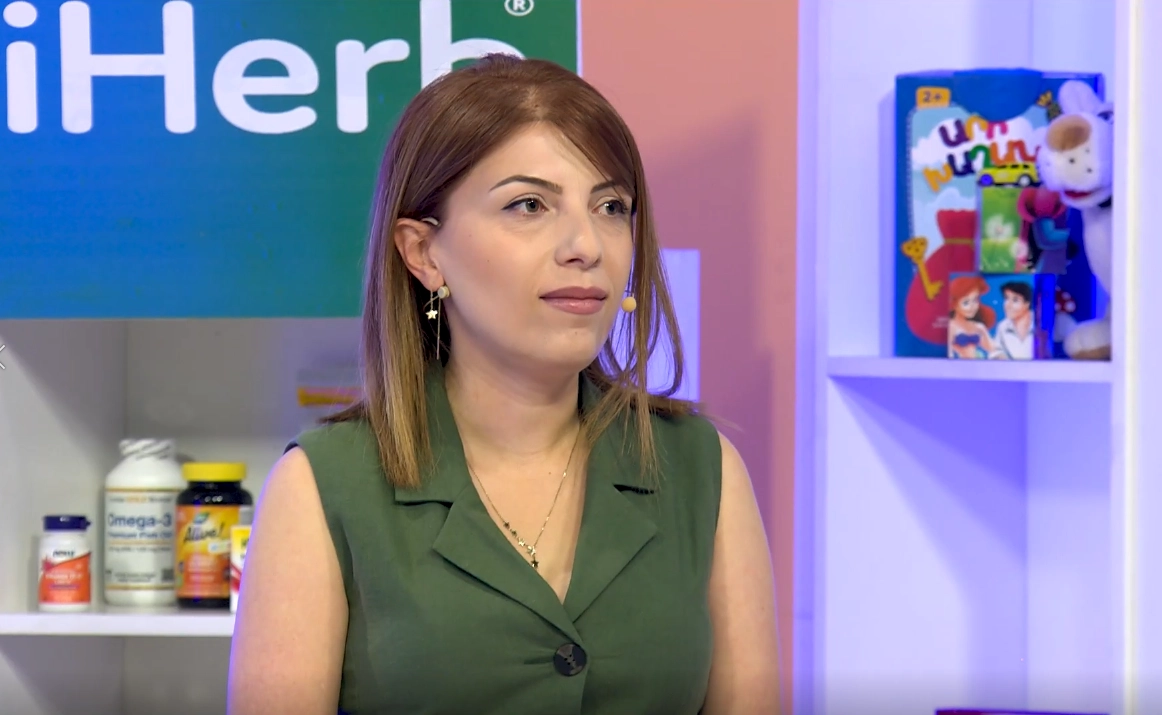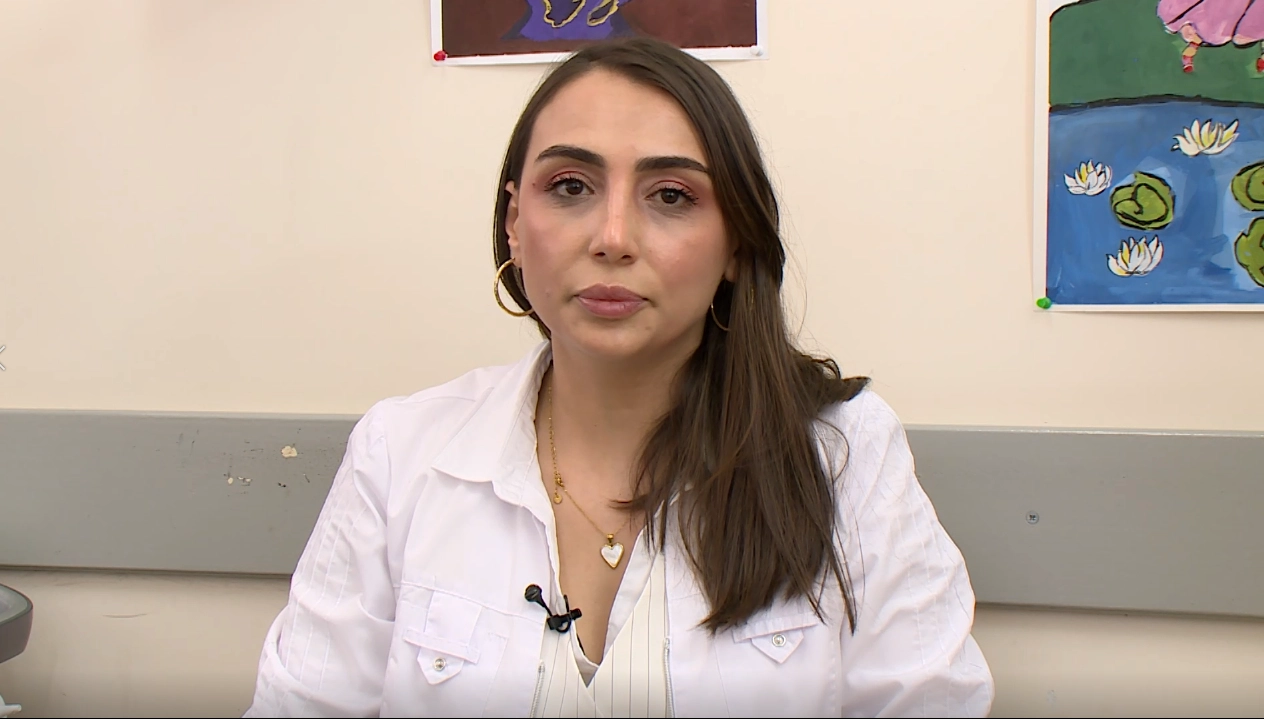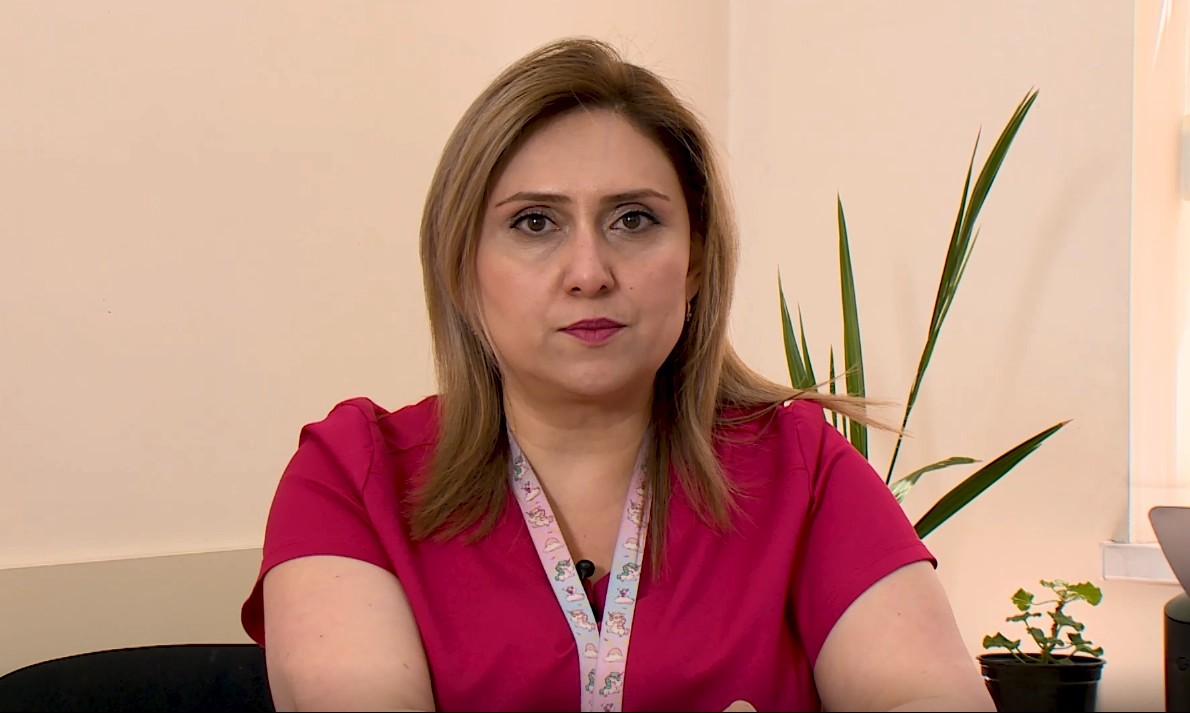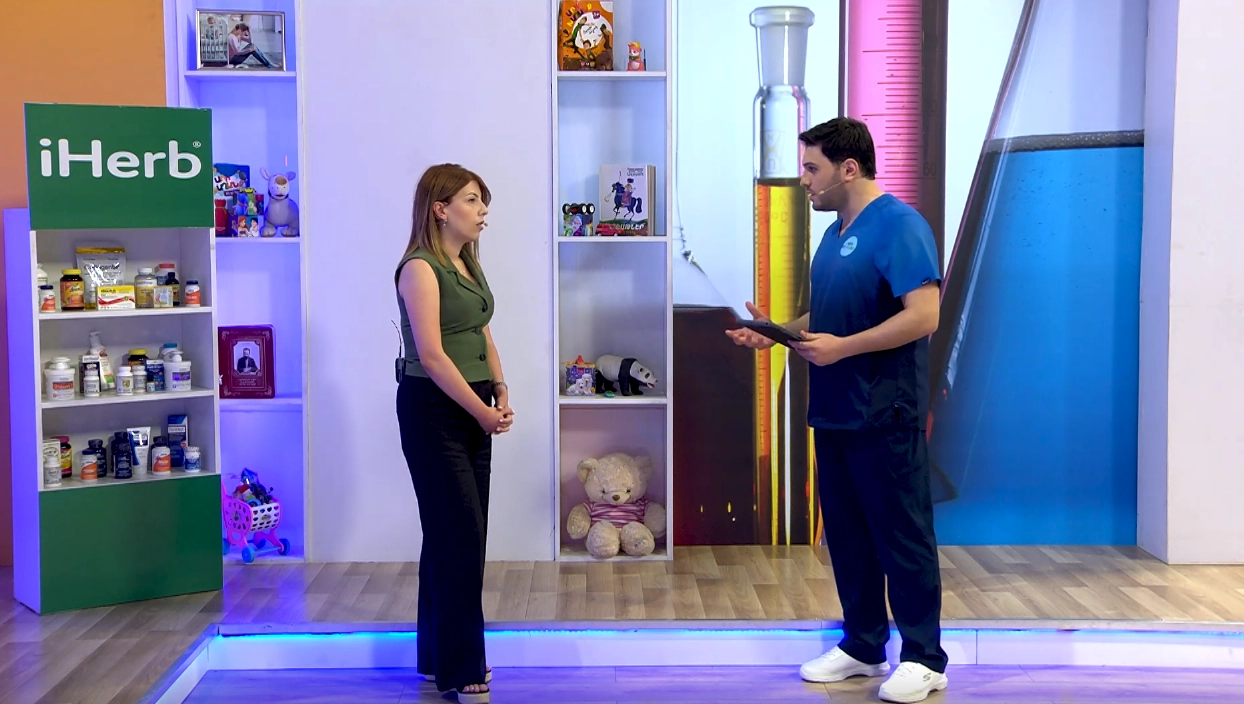News.am's reference to the recently performed complex surgery in the neurosurgical service of the “Arabkir” Medical Center intended to remove a child’s brain tumor and thus prevent epileptic episodes.
The head of the Neurology and Epileptology service Biayna Sukhudyan, and the head of the Neurosurgery service Niko Arzumanyan provided details about the case, the surgery and, as a whole, about this problem and its modern solutions.
In “Arabkir” Medical Center, a surgical treatment of epilepsy was performed on an 8-year old girl, using modern technologies. Studies have shown that the cause of the child’s epileptic seizures over several years was a large tumor, which compressed nearby areas of the brain. During the tumor removal, neuromonitoring was used to bypass the motor nerve fibers and avoid damage to the child’s motor functions.
According to Niko Arzumanyan, the head of the Neurosurgery service who spoke with NEWS.am Medicine, the issue in this patient’s case was not the tumor itself, but the compression of nearby areas of the brain by the tumor, resulting in epilepsy.
What is neuromonitoring?
"Neuromonitoring was very important for this surgery, because the tumor was directly adjacent to the motor areas of the brain and cerebral cortex, as well as corresponding pathways. During the removal of every millimeter of the tumor, we use a special tool to stimulate the brain tissue.
Depending on amount of electric current used to stimulate the brain and elicit a response, we estimate how far we are from the corresponding motor nerve fibers. The main goal of this is so that during the surgery and post-operative care we will not have any deficit and will not damage the motor ability of the body," he said.
According to Niko Arzumanyan, surgical treatment of epilepsy with simultaneous monitoring is one of the new directions that is being developed in “Arabkir” Medical Center. Until now such operations were performed here with the participation of foreign partners, but now the doctors of “Arabkir” MC work independently.
The surgery lasted almost 10 hours, because the tumor was quite large and solid. It took the doctors multiple efforts and hours to remove it without damaging the vessels and nerves of the brain.
Biayna Sukhudyan, the head of the Neurology and Epileptology service of “Arabkir” Medical Center mentioned, that the child had been under the of doctors at “Arabkir” MC for several years, her illness appeared with seizures. Various examinations such as MRI and video-EEG monitoring were performed and right parietal tumor with epileptic activity were diagnosed.
“For the first time in Armenia, tractography was performed, which allowed us to understand that the tumor does not include important nerve fibers, however, our neurosurgeons chose to use neuromonitoring during surgery to be safer,” she said.
Video EEG
Electroencephalography remains as one of the most important diagnostic tests for epilepsy. Video-EEG or video electroencephalography is one of the newest methods used in “Arabkir” MC. It is a study that records the electrical activity of the brain over a long period of time, which significantly increases the chances of accurate diagnosis of epileptic foci.
“Electrodes are attached with special paste to the heads of our children and adults, and the patients remain in the hospital for 24, 48 or 72 hours. Then the doctor deciphers the results and tries to determine where that electrical activity comes from. If a number of studies confirm and coincide, all showing the same epileptogenic focus, then the patient's chances of overcoming the disease with surgical intervention in the future are quite high,” she explained.
The operated child will undergo EEG monitoring again in a few months to check the effectiveness of the surgery. She will take her medicine for several years, after which, the doctors are sure that she will finally get rid of epilepsy and will live a full and healthy life.
Epilepsy Statistics
The head of the service, Biayna Sukhudyan stated that 70% of the epilepsy cases can be managed through medical treatment, while 30% are difficult to control, and 15% require surgical treatment.
All children in Armenia with epilepsy are under the supervision of "Arabkir" Medical Center. Not only children, but many adults with epilepsy and other neurological disorders receive treatment in the hospital, according to Biayna Sukhudyan.
“Currently over 3600 children aged 0-18 are under our care, all of whom have some form of epilepsy, whether genetic or acquired.
Today we have adults and children under our control, and the state program includes people up to the age of 40 who may potentially be candidates for surgery. We also receive adults with drug-resistant epilepsy” she explained.

 English
English
 Հայերեն
Հայերեն Русский
Русский